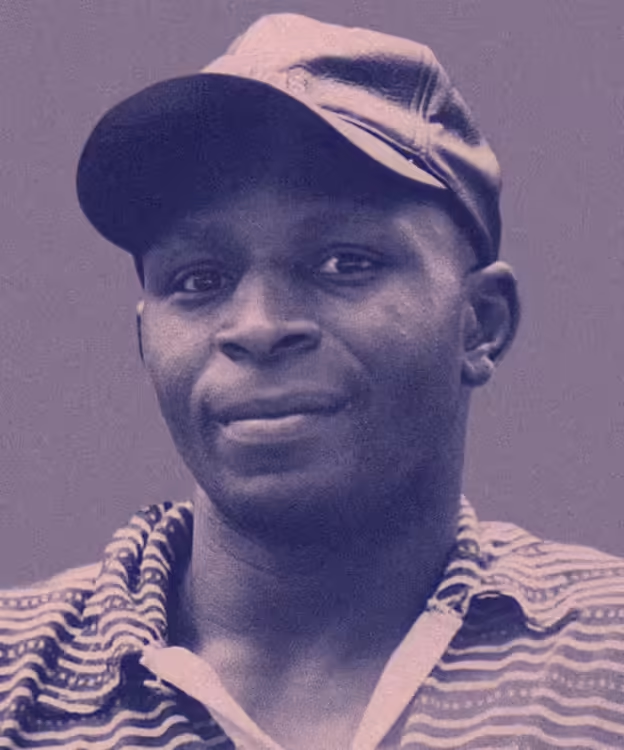‘How do I heal?’: the long wait for justice after a black man dies in police custody
Share
Explore Our Galleries
Breaking News!
Today's news and culture by Black and other reporters in the Black and mainstream media.
Ways to Support ABHM?
By Raekha Prasad
The true number of black people who have died after contact with the police has been hidden, while their families are faced with delays and denials

In the early hours of Sunday 3 July 2022, two men, 300 miles apart, died after contact with police. One man was in Cornwall, and the other in Nottingham. Both men were unarmed, and had not harmed anyone. Both men were terrified; both had struggled with drug addiction; both were in the midst of a psychotic episode. Both were black. Both had called the police to help them.
Godrick Osei was 35 and a father of two. At around 2am, he placed two calls to his sister from his partner’s flat in Truro. He was in a paranoid state, and claimed men with guns were in the flat. Then he jumped out of the window, taking his partner’s phone. He rang the police himself, and said he was being chased by armed attackers.
Officers from Devon and Cornwall police found him at 2.30am: he had entered a care home and was hiding in a staff bathroom. His family, who have viewed the police bodycam footage, said that officers forced their way into the cubicle where he had hidden because he was so terrified, and a number of them restrained him. He died less than an hour later.
That same morning, in Nottingham, police arrived at the home of Kaine Fletcher to detain him under the mental health act. Fletcher, a 26-year-old father of two, was restrained by officers and later taken to hospital. Within a few hours, he was dead.
These deaths are part of a larger pattern: official data shows that black people die at twice the rate of white people in similar encounters with police. The role of racism in these cases is fiercely contested by the government and the police, but there is an explanation for the disproportionality. The common thread in almost all such cases is an exaggerated perception of the physical threat posed by the victims, even when they have called the police themselves, as Osei and Fletcher both had. Instead of being treated as the victims of a medical emergency, they were met with force – treated “like a criminal”, in the words of Kaine Fletcher’s father.
It is extremely rare for anyone to be held accountable for such deaths. In the past 35 years, only one police officer in England and Wales has been convicted of manslaughter following a death in police custody – and that was the case of the black former Premiership footballer Dalian Atkinson, who had been Tasered and kicked in the head.
England has a highly developed system for police accountability: every incident in which contact with officers may have caused death or serious injury must be referred to the Independent Office for Police Conduct (IOPC), which determines whether officers have a “case to answer” and should face a disciplinary meeting or hearing. But the IOPC has never concluded that a police officer has a case to answer for racial discrimination when a black person has died following police contact.
Prasad details the epidemic of anti-Black violence by police in the UK,
Police in the UK have also been accused of racial profiling.









Comments Are Welcome
Note: We moderate submissions in order to create a space for meaningful dialogue, a space where museum visitors – adults and youth –– can exchange informed, thoughtful, and relevant comments that add value to our exhibits.
Racial slurs, personal attacks, obscenity, profanity, and SHOUTING do not meet the above standard. Such comments are posted in the exhibit Hateful Speech. Commercial promotions, impersonations, and incoherent comments likewise fail to meet our goals, so will not be posted. Submissions longer than 120 words will be shortened.
See our full Comments Policy here.